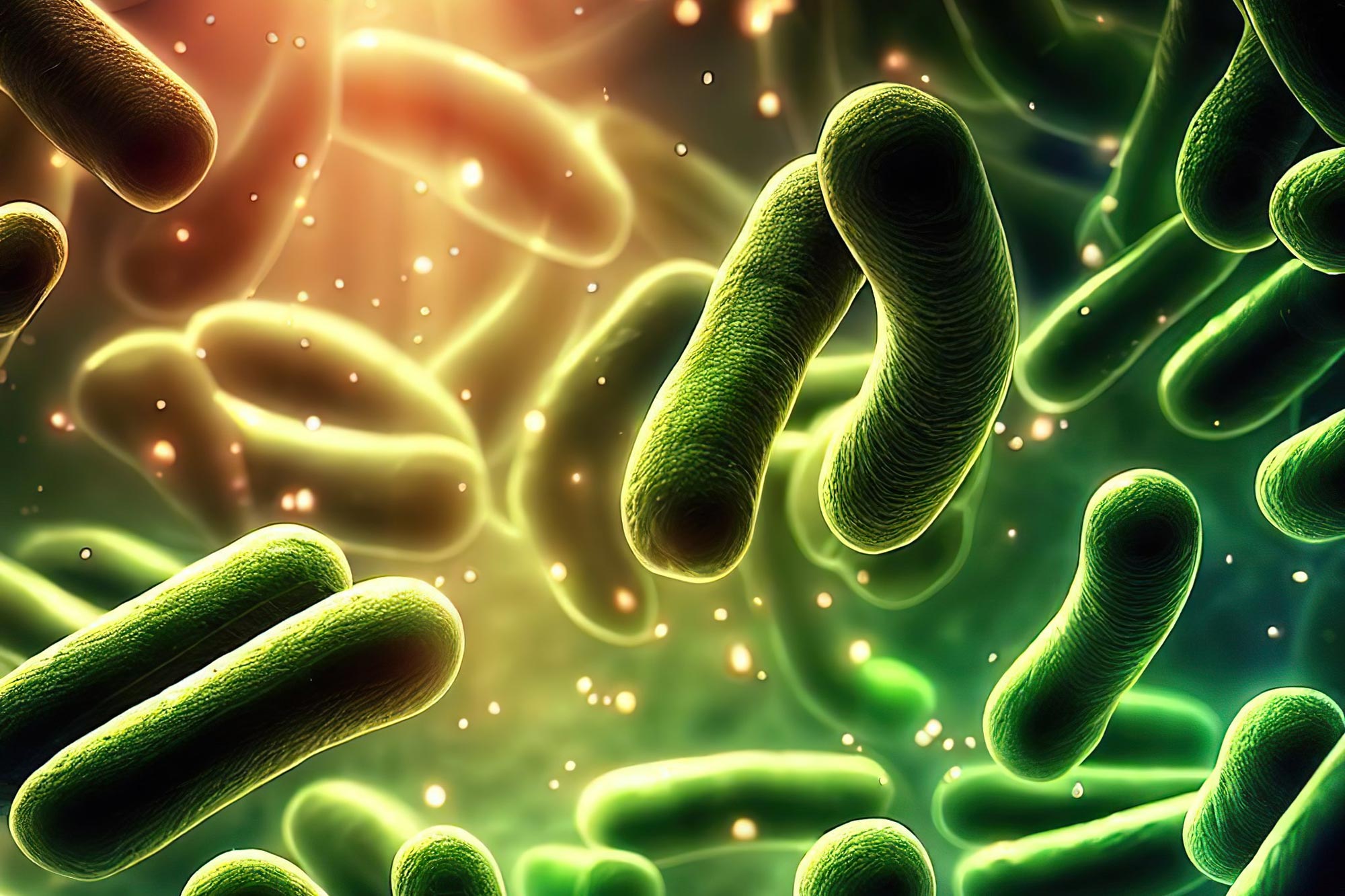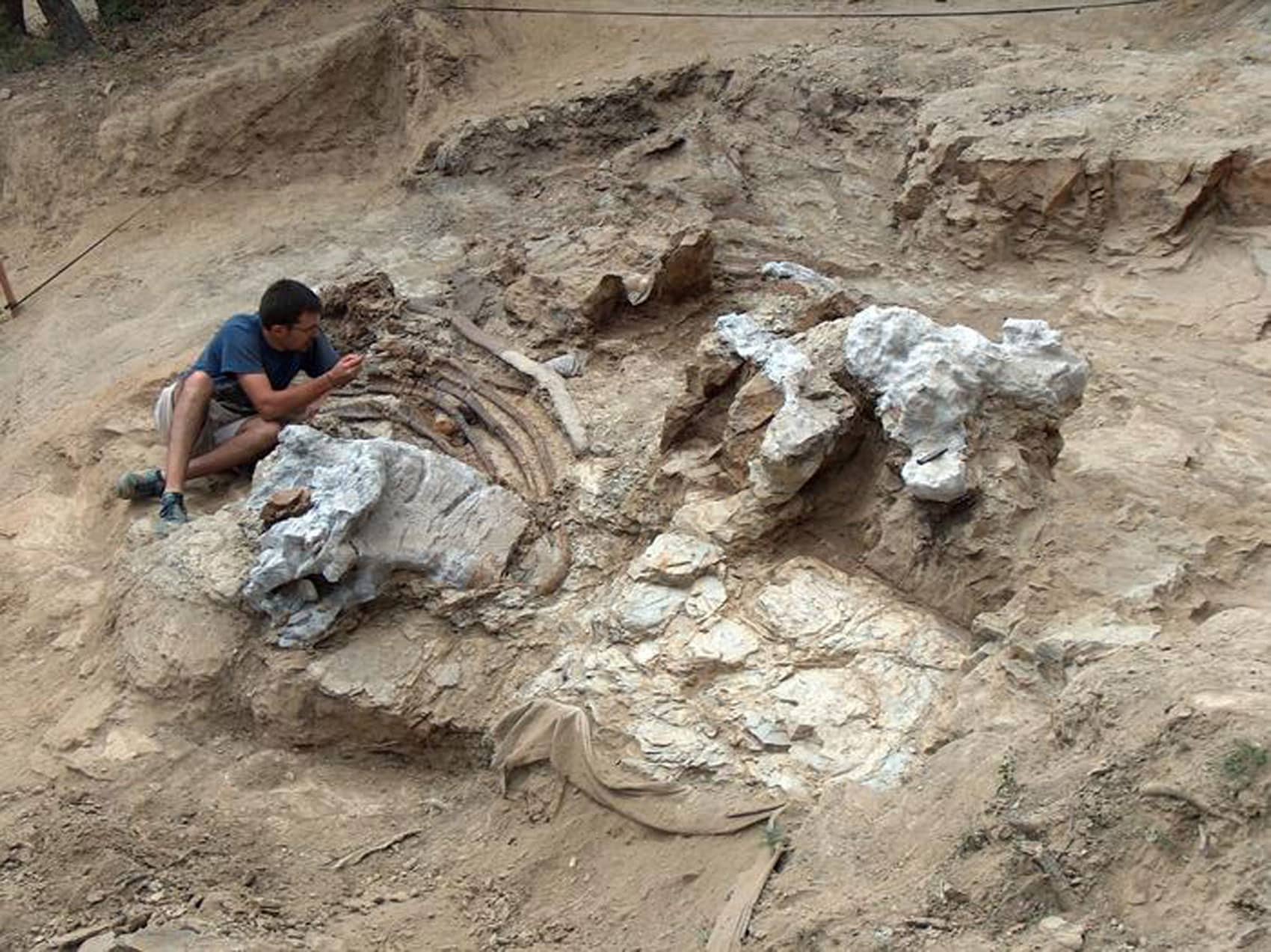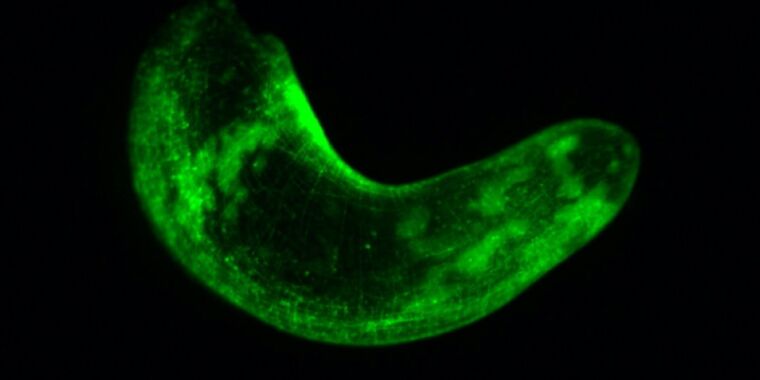Los microorganismos intestinales son esenciales para el desarrollo del comportamiento social en los peces

Un estudio publicado en PLOS Biología indica que los microorganismos influyen significativamente en el desarrollo social del pez cebra al afectar la poda neuronal en el cerebro en desarrollo. La ausencia de microbiota en las primeras etapas del desarrollo condujo a un comportamiento social inhibido y conexiones neuronales más densas, pero la adición de bacterias intestinales restableció el desarrollo normal, destacando un papel fundamental para la microbiota en la poda neuronal y el comportamiento social en las larvas de pez cebra.
Las larvas libres de gérmenes tienen conexiones neuronales alteradas debido a una reducción en la poda por parte de las células inmunitarias.
Los microorganismos son esenciales para el desarrollo social normal en el pez cebra a través de su influencia en la poda de las conexiones neuronales en el cerebro en desarrollo, según un estudio publicado en la revista de acceso abierto. PLOS Biología por Joseph Bruckner en[{» attribute=»»>University of Oregon, US, and colleagues.
Zebrafish larvae have transparent skin, offering researchers a rare window into neural development. In a series of experiments, the researchers investigated the neuronal and social development of zebrafish larvae reared with or without the presence of their normal microbiota for the first seven days of development.
They found that larval social behavior at day 14 was inhibited by the early absence of microbes, despite the larvae’s normal microbiota being restored a week earlier. Compared to siblings with a normal microbiota, the brains of these germ-free larvae had fewer immune cells called microglia in their forebrains, and denser, more complex neural branching patterns. Single-cell RNA sequencing showed that their microglia also had lower levels of complement c1q, a gene involved in pruning neural connections called synapses.

A study published in PLOS Biology indicates that microorganisms significantly influence the social development of zebrafish by affecting neural pruning in the developing brain. The absence of microbiota early in development led to inhibited social behavior and denser neural connections, but the addition of intestinal bacteria restored normal development, highlighting a critical role of microbiota in neural pruning and social behavior in zebrafish larvae.
Genetically reducing microglia without affecting the microbiota produced similar results, increasing neural density and branching relative to controls. Normal neural and social development was restored in germ-free larvae by adding any of several different bacterial groups native to the zebrafish intestine, indicating that microglial pruning activity is sensitive to a feature common across many types of bacteria.
The study is the first to demonstrate that microglia are required for pruning of neural connections in zebrafish larvae, and that an intact microbiota is essential for normal pruning and fish social behavior. The results also show that there is a critical developmental window during the first week of larval development, during which the microbiota stimulates microglial localization to the forebrain where they prune neural connections, the authors say.
Eisen adds, “Social interactions are critical for animals and humans. By studying zebrafish social interactions, we discovered that symbiotic bacteria encourage social behavior by promoting the ability of microglia, the brain’s immune cells, to remodel previously identified ‘social’ neurons in the zebrafish brain.”
For more on this study, see Researchers Uncover a Gut-Brain Connection for Social Development.
Reference: “The microbiota promotes social behavior by modulating microglial remodeling of forebrain neurons” by Joseph J. Bruckner, Sarah J. Stednitz, Max Z. Grice, Dana Zaidan, Michelle S. Massaquoi, Johannes Larsch, Alexandra Tallafuss, Karen Guillemin, Philip Washbourne and Judith S. Eisen, 1 November 2022, PLOS Biology.
DOI: 10.1371/journal.pbio.3001838





